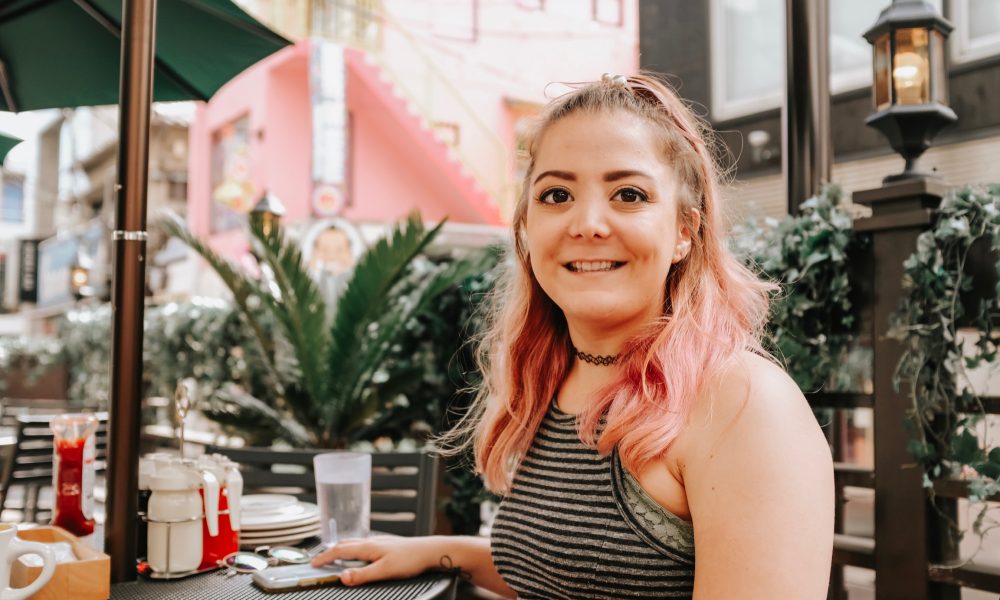

Today we’d like to introduce you to Hannah Werchan.
Hannah, can you briefly walk us through your story – how you started and how you got to where you are today.
I was born with a connective tissue disorder called Stickler Syndrome. This disorder encompasses several different congenital defects; including: hearing loss, recurrent ear infections, legal blindness, cataracts, glaucoma, high risk for retinal detachments (resulting in blindness), Pierre-Robin Sequence (physical characteristics of a small jaw and recessed chin, formation of a cleft lip or palate, and a small, obstructed airway), midfacial hypoplasia – (physical traits of a flat midface, a depressed, short nasal bridge, and large eyes), and bone and joint abnormalities (osteoarthritis, degenerative hips, hyper-mobility, chest abnormalities, scoliosis, and chronic pain). This rare, hereditary disorder is progressive, meaning each symptom is presented at birth and will continue to worsen with age. While there is no cure for Sticklers, treatments, such as different types of therapy and surgery, can be used to address different signs and symptoms. Thus far, I’ve had 23 surgeries and countless other treatments to address the ways Stickler affects my body.
Because of my high risk for retinal detachments, I was unable to do a lot of things while growing up. Rather than joining my classmates in P.E. or joining the soccer team, I would attend speech therapy sessions, play games at the computer lab, or go to the art classroom. This established my interest in art and drawing – though I was really not very good back then. Later, during my junior year of high school, I had an open slot in my schedule and decided to take an art class. In that class, with the guidance of teacher and artist Gerald Roulette, I fostered a great understanding and appreciation for the academic and technical aspects of art. Here we are seven years later, a Bachelor’s in Fine Art completed, about to begin my MFA, and considering even pursuing my doctorate in the Visual Arts field. Despite all my physical limitations brought on by my disorder, it didn’t stop me from finding interests and passions. Now, I’m running with that and having a great time.
Great, so let’s dig a little deeper into the story – has it been an easy path overall and if not, what were the challenges you’ve had to overcome?
Because my disorder is progressive, I’m constantly having to stay on top of all my medical adversities as they continue to worsen. What might have been an appropriate treatment plan ten years ago may not be what I need today. Two aspects of my disorder which have significantly progressed over the past five years are my hearing loss and arthritis. Being in an academic setting where I’m trying to listen and retain information in a lecture space, and also doing lots of physical labor throughout the day when making art things, it’s no surprise that my hearing and chronic pain have become much more of a daily struggle. But I grew up needing to be adaptive with this disorder, so that’s just what I’ve continued and will continue to do.
I know many people with my disorder that have reached out to me (thank you, social media) have often expressed difficulty being comfortable in your own skin with a disorder like this. Aside from the physical aspects of sticklers, which can be open season for teasing, especially as a kid, it’s difficult to feel like your body is constantly failing you. Hearing loss is very isolating, where trying (and usually failing) to listen to and understand others sometimes doesn’t feel like it’s worth the effort. Chronic pain can keep you held up in bed for days, sometimes unable to stand up straight and walk. To see flashes of light in your vision and feel that surge of panic that if you don’t go to your retina specialist immediately, you risk losing vision in that eye. It can be difficult and I won’t pretend it’s not.
But I’ve never been a “pity-party” person. Sure, some days are harder than others, but you educate yourself and stay vigilant, there’s no reason not to live a happy, healthy life. There’s a Game of Thrones quote that perfectly sums up my attitude towards my disorder, “Never forget what you are. The rest of the world will not. Wear it like armor and it can never be used to hurt you.” Rather than being embarrassed about how my disorder affects me, I take ownership of every symptom I have. Best part of my day is getting to take off my hearing devices and return to my peaceful world of quiet. And I get to park right up front in the handicap parking (Yeah, I bet you’re jealous). Rather than being self-conscience of my big eyes, where kids used to call me “bug-eyed freak”, I think I look like a cool anime girl or a chill slow loris. You make your own fun out of not-so-fun situation.
MFA Student at TWU – what should we know? What do you guys do best? What sets you apart from the competition?
TWU has been amazing to me, which is why I’ve stuck around for both my BFA and MFA (and honestly would stick around for my PhD, but there are no visual art doctorate programs at TWU yet. I’ll go to UNT for that). As an artist, I focus primarily on painting and drawing – love the 2D stuff. I wish I could tell you that I enjoy art because it allows me to express myself or tell my story, but I honestly love the challenge of trying to create something. I love watching it come together slowly after hours of work. I particularly love portraiture and figure work. It could be because I have so many issues with my own body, that I’ve come to appreciate everyone’s subtle differences and trying to capture them. But, again, I really just love the challenge of trying to get it “right”, so someone could look at my drawing and immediately know who it is. Despite my love for trying to draw and paint things the way, I see them, a lot of my work is actually pretty impressionistic and stylized, especially my paintings. But I also really enjoy that, adds a personal touch. Continuing my education in hopes to continue refining my technical skills and have fun making more art.
What moment in your career do you look back most fondly on?
In the summer of 2018, The Kennedy Center’s VSA Emerging Young Artists Program awarded one of my oil paintings First Prize – $10,000 – and the painting is currently on a 1-2 year long national tour. Honestly, I’m more grateful than anything else – that money will help go towards continuing my education.
Contact Info:
- Instagram: @werchy






Suggest a story: VoyageDallas is built on recommendations from the community; it’s how we uncover hidden gems, so if you or someone you know deserves recognition please let us know here.












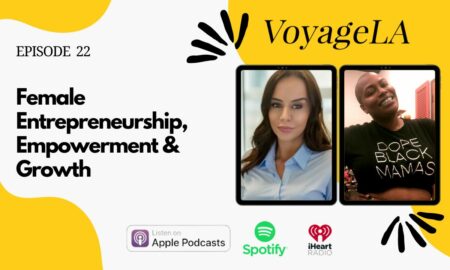
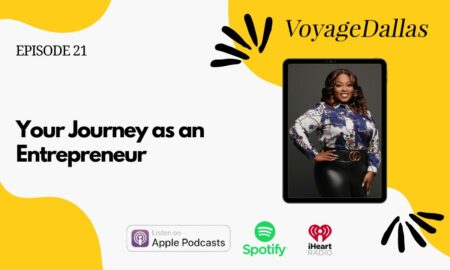
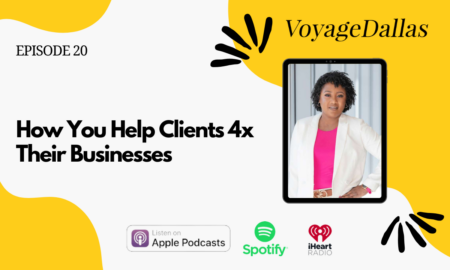
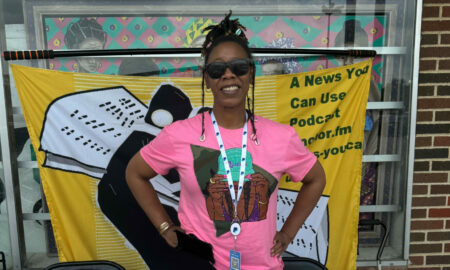
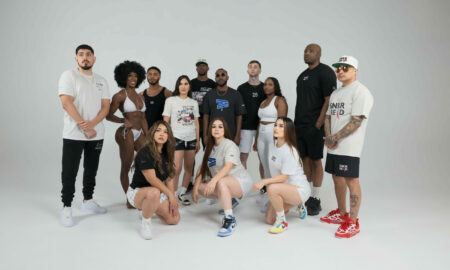
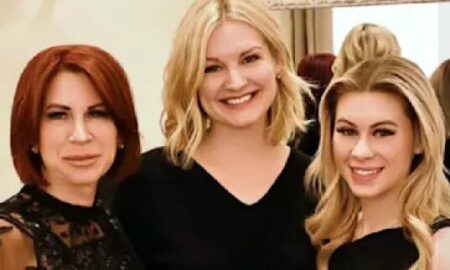
Melissa
September 4, 2019 at 2:51 pm
What a truly inspiring young lady and such a gift. Hannah, continue to inspire and help others. I have watched you wear your unique “badge of honor” without waivering for 23 years. You truly are my hero!